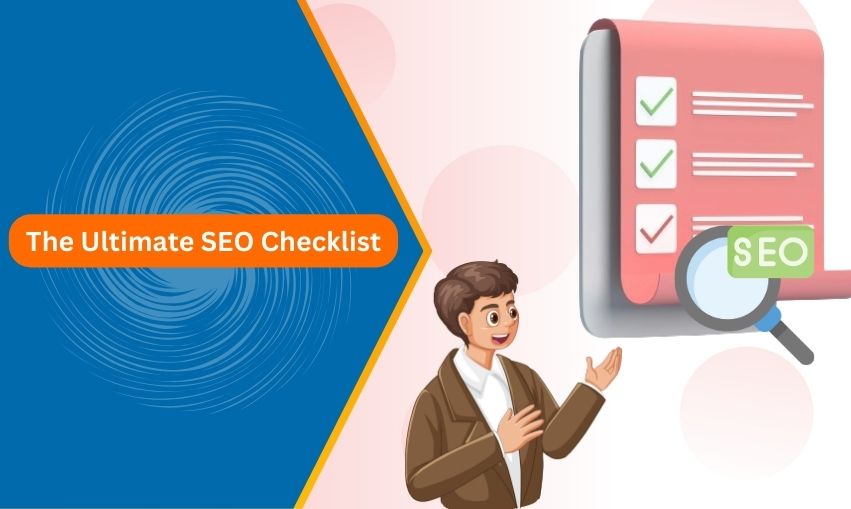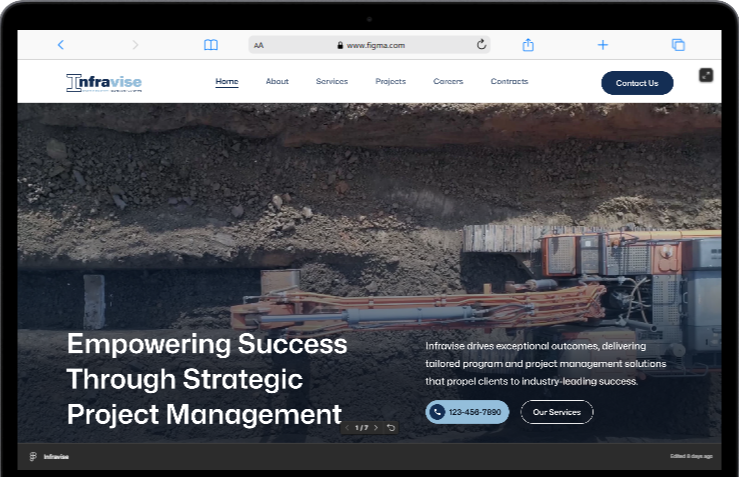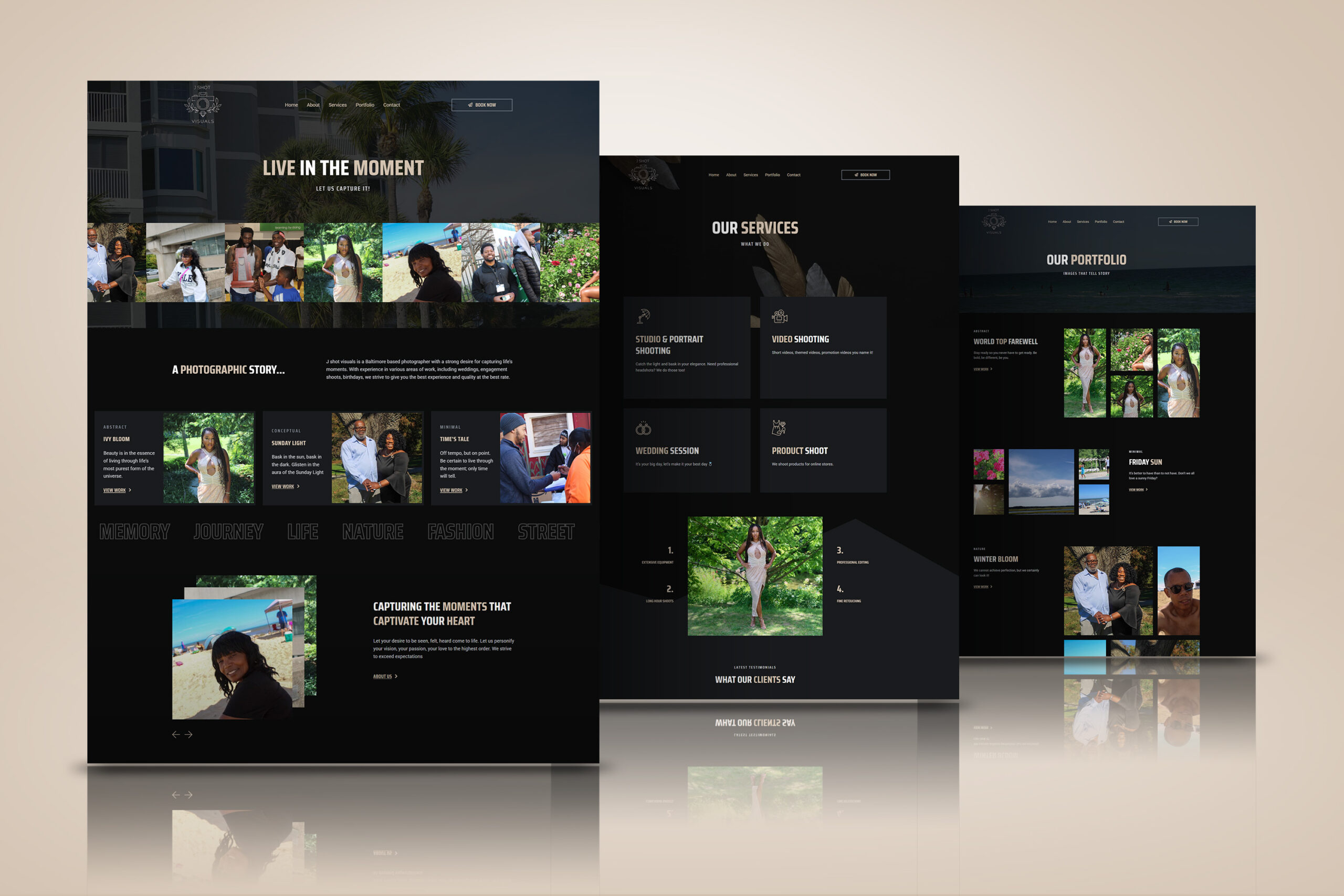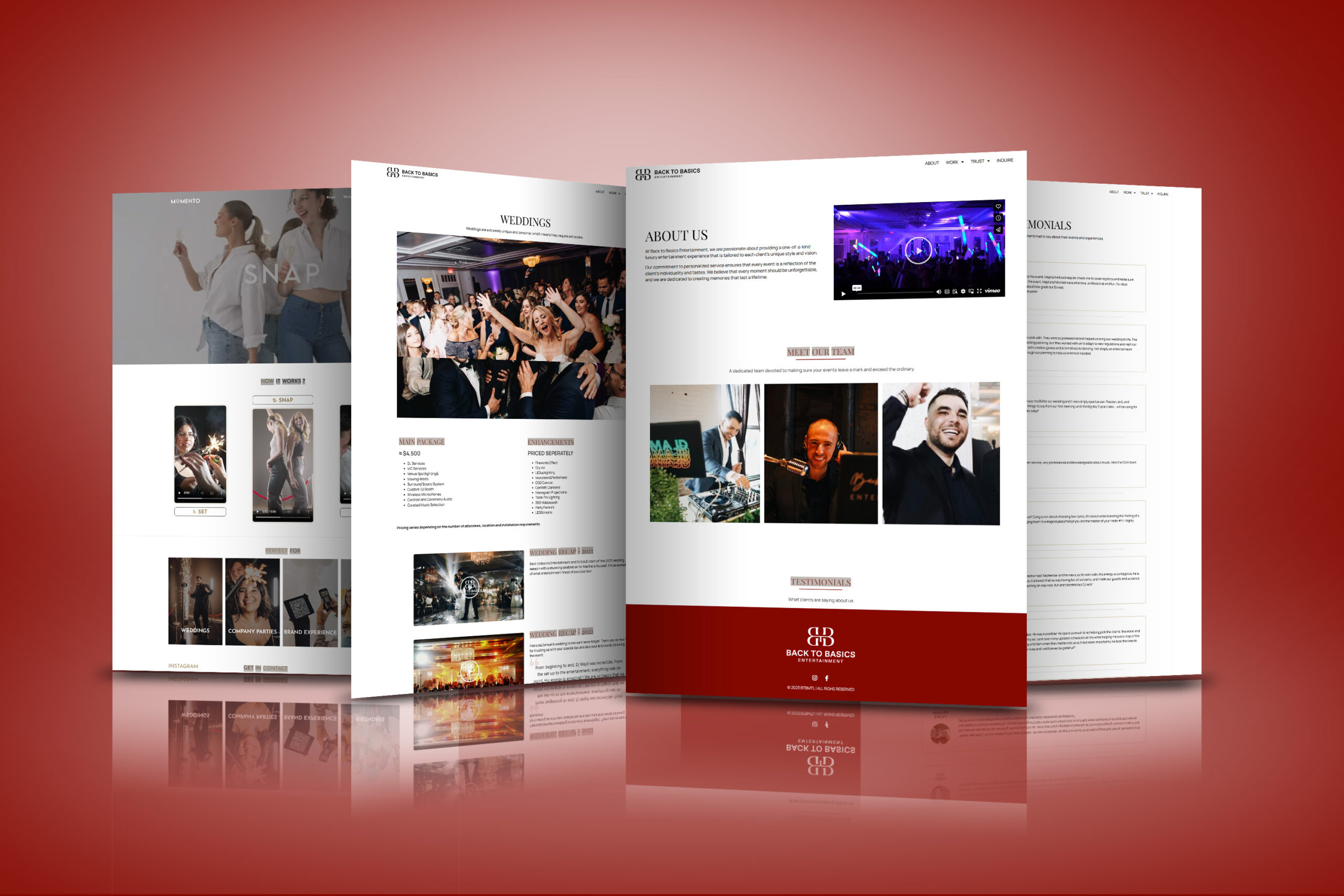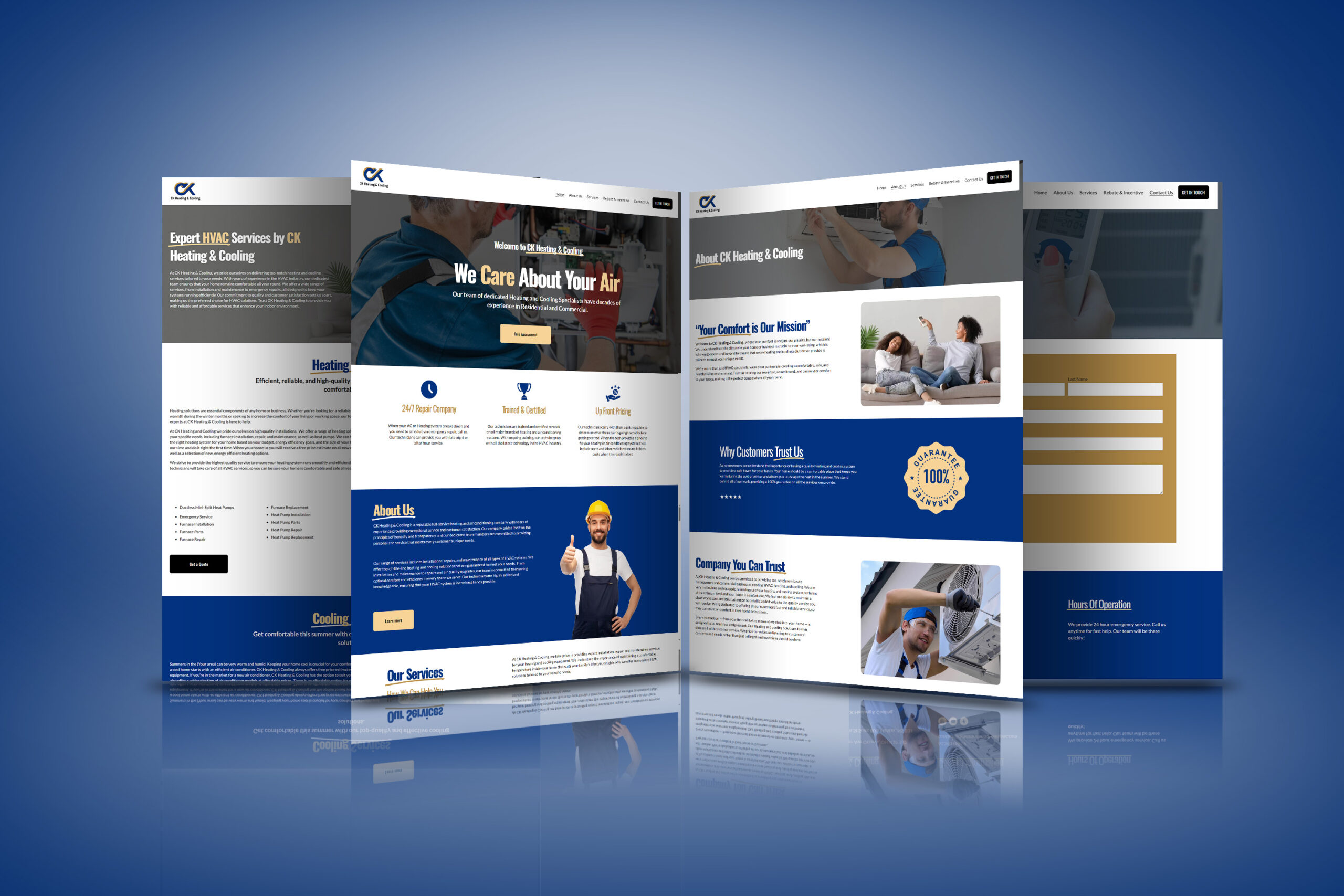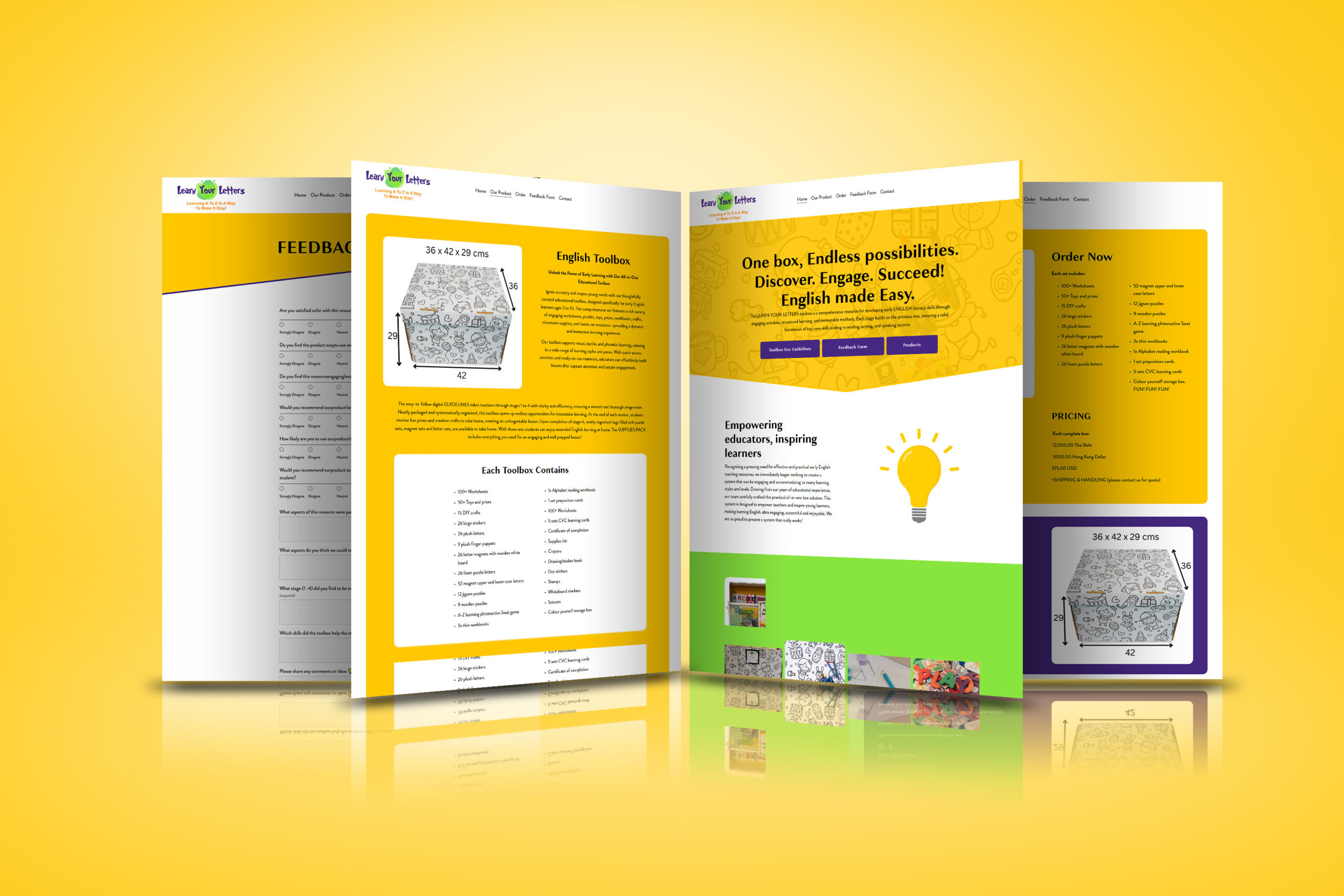Introduction
In today’s fast-paced digital world, website performance isn’t optional — it’s essential. A slow, poorly optimized, or difficult-to-navigate site drives visitors away, kills SEO rankings, and reduces conversions. Whether you’re running an e-commerce store, a business site, or a personal blog, balancing speed, SEO, and user experience (UX) is key to success.
This comprehensive guide will walk you through everything you need to ensure your website runs fast, ranks high on Google, and delivers an exceptional user experience. Let’s dive into the ultimate website performance checklist!
1. Website Speed Checklist
Website speed is crucial — Google prioritizes fast-loading sites, and users won’t wait. Studies show that even a 1-second delay reduces conversions by 7%. Here’s how to speed things up:
a) Choose a Fast, Reliable Hosting Provider
Your hosting server is the backbone of your website’s performance. Consider:
- Shared Hosting (budget-friendly but slower)
- VPS Hosting (balanced performance and price)
- Dedicated Hosting (best performance, higher cost)
- Managed WordPress Hosting (optimized for WordPress sites)
👉 Popular choices: SiteGround, Bluehost, Kinsta, Cloudways.
Pro tip: Ensure your server location is close to your target audience to reduce latency.
b) Optimize Images
Large images are one of the biggest culprits of slow-loading pages. Fix that by:
- Compressing images without quality loss (use TinyPNG, Imagify, ShortPixel).
- Using next-gen formats like WebP for better compression.
- Implementing lazy loading so images load only when visible.
Example: A 3MB image reduced to 200KB loads dramatically faster without a visible quality drop.
c) Minify CSS, JavaScript, and HTML
Every unnecessary line of code slows your website. Minify and combine files to reduce page load times. Tools like Autoptimize or WP Rocket handle this automatically.
d) Enable Caching
Caching stores a static version of your content for faster delivery. Types of caching include:
- Browser caching (stores website data locally)
- Page caching (generates static versions of pages)
- Object caching (speeds up database queries)
- Opcode caching (precompiles PHP code)
👉 Plugins like W3 Total Cache, WP Super Cache, or LiteSpeed Cache work great for WordPress.
e) Use a Content Delivery Network (CDN)
A CDN distributes your content across multiple servers worldwide, reducing load times for global visitors.
👉 Cloudflare, BunnyCDN, and KeyCDN are solid options.
2. SEO Performance Checklist
Your site’s performance is tightly linked to SEO. Here’s how to ensure Google loves your site:
a) Keyword Research and Implementation
Target the right keywords using tools like Ahrefs, SEMrush, or Ubersuggest. Focus on:
- Primary keyword in title, URL, first paragraph, and headings.
- Secondary keywords sprinkled naturally.
- Long-tail keywords to capture specific, high-intent searches.
b) On-Page SEO Optimization
Ensure every page has:
- SEO-friendly URL (e.g., /website-performance-checklist/)
- Compelling meta title and description
- H1 heading for the main title
- H2 and H3 headings for sections
- Internal links to other content on your site
- External links to authoritative sources
👉 Yoast SEO or Rank Math will guide you through this.
c) Schema Markup
Add structured data (schema markup) to improve your appearance on search engines — think rich snippets, FAQs, reviews, and more.
👉 Google’s Structured Data Markup Helper is a good start.
d) Mobile Optimization
Google ranks mobile-first. Ensure your site is fully responsive with:
- Flexible layouts
- Resized images for mobile
- Touch-friendly buttons and links
👉 Use Google’s Mobile-Friendly Test to check.
e) Monitor Core Web Vitals
Google’s Core Web Vitals measure:
- Loading performance (Largest Contentful Paint – LCP)
- Interactivity (First Input Delay – FID)
- Visual stability (Cumulative Layout Shift – CLS)
👉 Check performance with Google PageSpeed Insights or Lighthouse.
3. User Experience (UX) Checklist
User experience can make or break your website. Let’s optimize it:
a) Simplify Site Navigation
- Keep menus clean and simple
- Use breadcrumbs for easy backtracking
- Include a search bar for fast content discovery
b) Prioritize Accessibility
Ensure everyone can navigate your site, including those with disabilities:
- Readable fonts and colors (high contrast)
- Alt text for images
- Keyboard-friendly navigation
- ARIA labels where needed
👉 Use the WAVE Accessibility Tool to check compliance.
c) Optimize Call-to-Actions (CTAs)
CTAs should be:
- Clear and action-oriented (“Get Started,” “Download Now”)
- Easy to spot (contrasting color, strategic placement)
d) Add Interactivity
Micro-interactions like button hover effects or subtle animations improve user engagement. Just avoid overloading — speed still matters.
e) Include Trust Elements
Boost credibility with:
- Testimonials or reviews
- Security badges (SSL certificate, payment icons)
- Contact info and About page
4. Fine-Tuning with Yoast SEO
a) Focus Keyphrase
- Ultimate Website Performance Checklist
b) SEO Title
- The Ultimate Website Performance Checklist | Ali Dev Solutions
c) Slug
- website-performance-checklist
d) Meta Description
- Boost your website’s speed, SEO, and user experience with this ultimate performance checklist. Improve rankings, user engagement, and conversions — fast!
5. Tools and Resources
Performance Tools
- GTMetrix
- Google PageSpeed Insights
- Pingdom
SEO Tools
- Ahrefs
- SEMrush
- Yoast SEO
UX Tools
- Hotjar
- Microsoft Clarity
- Crazy Egg
Conclusion
Website performance is a balancing act — you need speed, SEO, and user experience working together for maximum impact. This checklist gives you a solid foundation to improve all three, but regular monitoring and updates are essential to stay competitive.
✅ Need help optimizing your site? Reach out to Ali DevSolutions for expert assistance in boosting speed, SEO, and UX — turning visitors into loyal customers.

